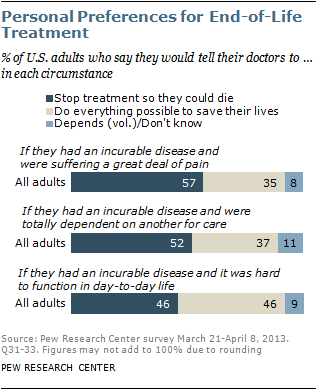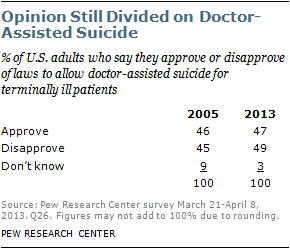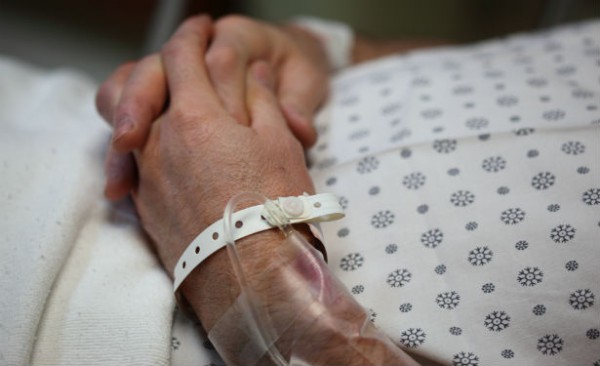End-of-Life Discussion What are the Roles of Physicians, Governments, and Patients?
Main Article Content
Abstract
The discussion around end-of-life issues largely centers on the right of the patient to choose (to refuse life sustaining treatment, or, in some cases, to end his or her life through physician assisted suicide or euthanasia where it has been legalized) or to preserve life through invasive treatment. Patients and physicians may have their own opinions on the matter, but their decisions are limited by the government and the law.
The British Medical Journal (BMJ) recently argued for the legalization of assisted suicide because the ability of a patient to choice is paramount; the editors stated that this was “a matter for Parliament, not doctors to decide.” But do doctors have a say at all, considering they will be the ones who will have to perform the act and take responsibility for their actions? The British Medical Association, Royal College of Physicians and Royal College of GPs all oppose assisted suicide and polls show that most doctors share the same view, Daily Mail reports.

While we worry whether patients will be coerced into choosing physician assisted suicide or euthanasia where it has been legalized, we rarely discuss the moral distress that physicians may feel when they are required to actively assist patients in dying. It is true that patients may have a right to exercise choice regarding their own lives, but should it not be limited by the right that physicians have to refuse to participate when it is morally distressing to them? If assisted suicide is legalized in the UK, all physicians will be trained to assist patients in dying.
There is danger in going too far with the notion of patient autonomy. This is not only true for one end of the spectrum—when patients ask for assistance in dying—but also for the other extreme—when patients or their families ask for life sustaining treatment that serve only to delay death. It seems that as we start to request certain procedures on the grounds of patient autonomy, physicians and health care providers willbe viewed as service providers. As a result, healthcare may begin to be reduced to mere business transaction.

